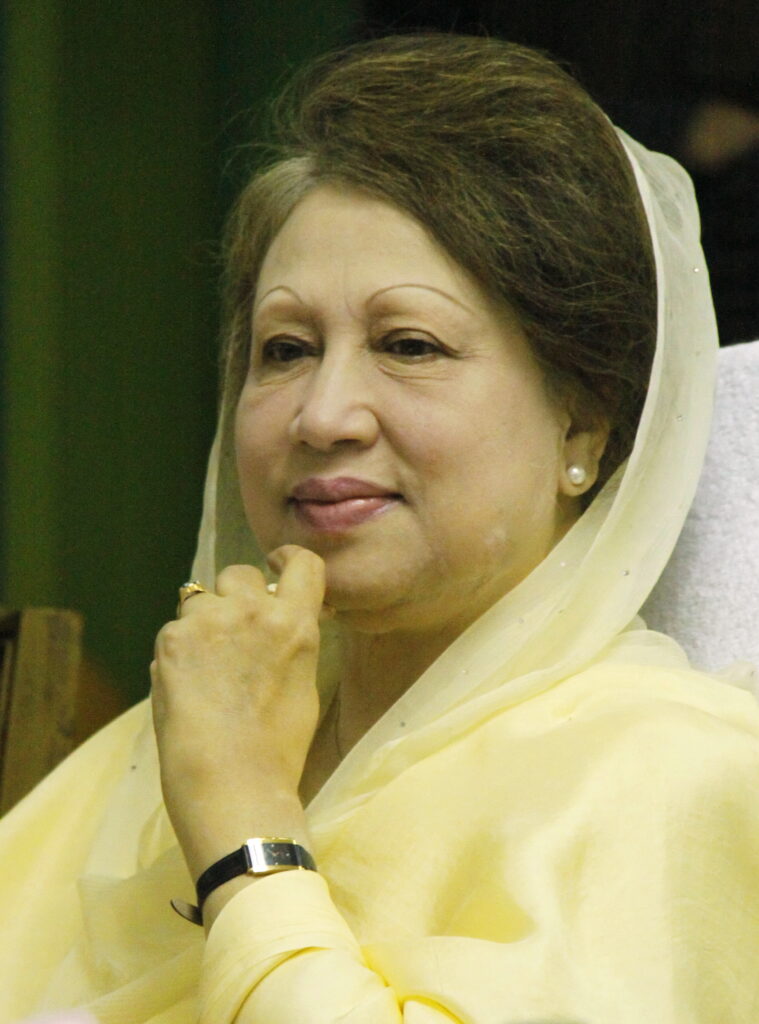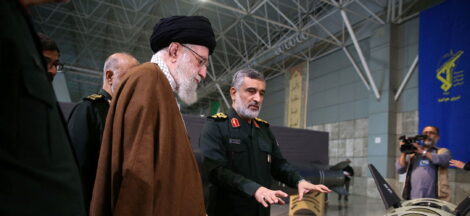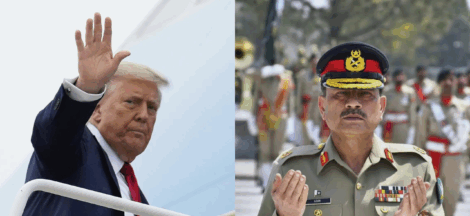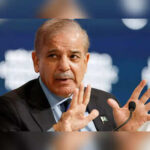By Satyaki Chakraborty
Former Prime Minister of Bangladesh and chairperson of the main political party Bangladesh Nationalist Party (BNP) returned to Dhaka on Tuesday May 6 on the eve of the completion of nine months of the interim government headed by Dr. Muhammad Yunus. Khaleda who was ailing for long and was not allowed to go abroad for medical treatment during the regime of Sheikh Hasina, was allowed to go to London for treatment by the interim regime.
BNP leaders claim that she is now physically fit and is in a position to take over the leadership of the party and lead it for the coming general elections, expected by the middle of 2026. Khaleda Zia is immensely popular among the BNP supporters. Since she worked as the Prime Minister before, she knows the norms of both government and Parliamentary functioning having close contacts both with the army and the bureaucrats.
Begum Zia has been mainly depending on her son Tarique Rahman for organizational matters. Tarique is based in London. He has not returned yet as some legal cases are still pending in the Bangladesh courts. He is waiting for the disposal of those which are expected to be made within next few weeks. But Tarique has been continuously addressing the BNP workers through video conferences from London. Tarique’s wife Zubaida is also an active BNP leader. She has returned with Khaleda Zia after 18 years of exile. She is expected to play an important role now in the formulation of BNP’s political and electoral strategy. In sum, Khaleda Zia’s family members, especially Tarique and Zubaida will do all the running for the BNP supremo who may not take the risk of operating as a whole time chairperson. She is not ailing now due to the four month long treatment, but doctors have advised her to avoid running for political meetings.
What is the latest political situation in Bangladesh now? The interim government of Dr. Yunus completes its nine months on May 7. The work on the electoral reforms is still going on. The BNP has already interacted with the government and the designated agencies to demand early elections as only an elected government can take forward the other needed constitutional reforms. The new party of students National Citizens Party (NCP) is totally opposed to the BNP. The party wants more thorough reforms including some measures for the improvement of the workers and peasants conditions. The NCP is not in a hurry now for the elections. While BNP favours participation of Awami League as a party in the coming elections excluding Hasina and her supporters against whom legal cases are there in the courts, NCP wants total exclusion of Awami League in any form from future elections.
Amidst all these differing political lines on the coming national elections in Bangladesh, the Indian attacks on the terror camps within Pakistan and the consequent Pak retaliation have diverted the attention of all the political parties on the India-Pakistan confrontation. Bangladesh was born in 1971 by fighting Pakistan army in 1971 with India’s help but in the last nine months after Sheikh Hasina’s down fall on August 5 last year, the perception has changed. Bangladesh parties and the government have turned anti-India. The Yunus government has invited the Pak army officials to Dhaka and there is cooperation between the two countries now in military training and supply of arms and equipment. Bangladesh has more than 4,000 km border with India which has occasionally witnessed skirmishes between the Indian BSF and the Bangladeshi Rifles.
The outcome of the India-Pak war as also the course it takes in the coming days is crucial for the Bangladesh government. Dr. Yunus is under pressure from the Jamaat and the other fundamentalist organisations to be more anti-Indian. So far the interim government has not expressed its position against Indian attacks but there is a wave of sympathy for Pakistan. If the war is prolonged and expands in both countries, Bangladesh government will be under further pressure. The naming of the Indian operation as “Operation Sindoor” has given the operation a religious dimension. The Bangladesh political parties are seeing this as another bid by Narendra Modi to woo the sentiments of the Hindu majority to get political mileage.
Indian government and its agencies are certainly aware of the situation on the borders with Bangladesh. There is need for increased vigilance along the borders as many fundamentalist groups based in Bangladesh will try to create trouble in the borders to divert the attention of the Indian forces. Further, there is a fresh threat to the security of 13 million Hindus in Bangladesh. The interim government has in the recent days made adequate steps for ensuring security for the minority community. But with tempers running high among the religious groups in Bangladesh, there is immediate need for Indian foreign office to speak to the Bangladesh government once again and telling them to ensure full security.
Indian foreign policy has not been able to make many friends. If the present confrontation ends with limited impact, it is good, but if it expands into the mainland of both countries, India will be facing the big problem of dealing with two other hostile neighbours China and Bangladesh. The Muslim countries have condemned Pahalgam attacks but they have not supported Indian attacks on early May 7. The US is unpredictable while Russia will not like the expansion of war. Prime Minister Narendra Modi is riding a tiger. It is to be seen how he navigates the present crisis for coming out victorious after achieving his objective. (IPA Service)




 Will Prime Minister Be Allowed To End His Confrontation With Limited Strikes In Pakistan?
Will Prime Minister Be Allowed To End His Confrontation With Limited Strikes In Pakistan? 